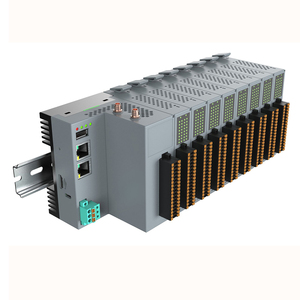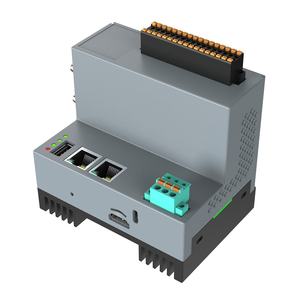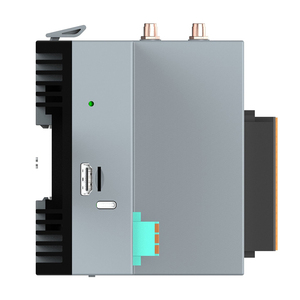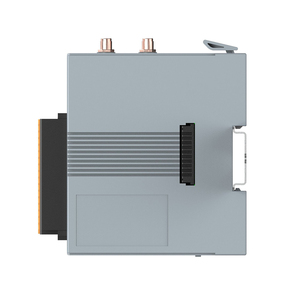Understanding Blockchain Web
In the rapidly evolving digital landscape, blockchain web technologies are reshaping the way businesses conduct transactions, store data, and interact with their customers. This decentralized architecture is pivotal for enhancing security, transparency, and efficiency across various industries. As organizations explore blockchain web applications, understanding its types, features, and advantages becomes essential for leveraging its full potential.
Types of Blockchain Web Technologies
Blockchain web encompasses various technologies that drive innovation in data management and transaction processing. The main types include:
- Public Blockchains: These are decentralized and open to anyone, offering a high level of transparency. Bitcoin and Ethereum are prominent examples.
- Private Blockchains: Suitable for businesses, these require permissions for access and provide enhanced privacy and speed for internal operations.
- Consortium Blockchains: A hybrid model where multiple organizations share a blockchain network, facilitating collaboration among industries while maintaining certain privacy controls.
- Hybrid Blockchains: Combining elements of both public and private blockchains, offering the flexibility of controlled access alongside transparency.
Features and Functionality of Blockchain Web
The functionality of blockchain web technologies rests on several key features that revolutionize business operations:
- Decentralization: Data is distributed across a network of nodes, reducing reliance on a central authority and minimizing the risk of single-point failures.
- Transparency: Each transaction is recorded in a way that all participants can access and verify, ensuring clarity and reducing fraud.
- Immutability: Once recorded, transactions cannot be altered or deleted, providing a secure and trustworthy audit trail.
- Smart Contracts: Self-executing contracts with predefined conditions coded directly into the blockchain, automating processes and enhancing efficiency.
- Security: Advanced cryptographic techniques ensure that data is protected against unauthorized access and cyber threats.
Applications of Blockchain Web
The versatility of blockchain web technologies leads to numerous applications across various sectors:
- Financial Services: Revolutionizing payment processing, remittances, and asset trading with faster transaction speeds and lower costs.
- Supply Chain Management: Enhancing traceability and transparency in product sourcing and logistics, ensuring ethical practices and compliance.
- Healthcare: Improving patient data management, sharing, and consent through secure, decentralized systems.
- Real Estate: Streamlining property transactions and recording deeds on tamper-proof ledgers, simplifying the buying and selling processes.
- Voting Systems: Securing electoral processes through transparent and verifiable blockchain-based voting systems, minimizing fraud risks.
Advantages of Adopting Blockchain Web
Integrating blockchain web technologies offers several compelling advantages that can transform business practices:
- Enhanced Security: The decentralized nature and advanced encryption of blockchain significantly reduce the risk of data breaches.
- Cost Efficiency: Automated processes and reduced transaction times lower operational costs and increase profit margins.
- Improved Speed: Faster transactions and streamlined processes enable businesses to respond quickly to market demands.
- Better Compliance: A transparent audit trail aids in regulatory compliance and governance, enhancing accountability.
- Increased Trust: Transactions are verified and immutable, fostering trust among users and stakeholders.



































